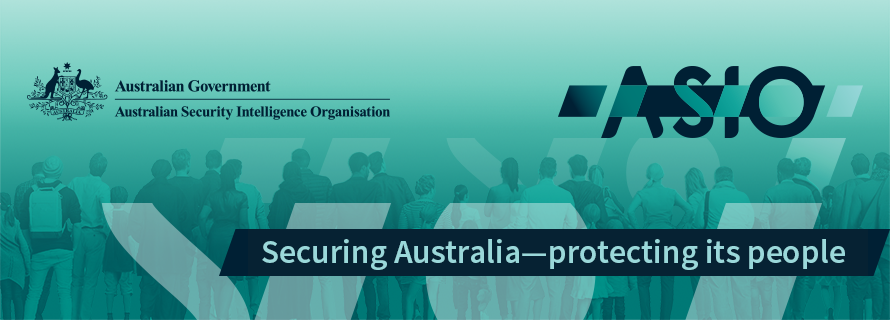- Jul 2, 2018
- 3,010
 |
DIRECTOR-GENERAL OF SECURITY |
SECURITY CLASSIFICATION: TOP SECRET (ENCRYPTED) |
| 10 November 2004 |
| Dear Director-General of the New Zealand Security Intelligence Service, Right now the Australian Security Intelligence Organisation is becoming increasingly concerned with espionage threats in our region. I propose a high-level and top secret meeting between ourselves in Wellington to discuss arrangements for intelligence sharing, efforts towards joint counter-terrorism and counter-espionage capabilities and to convey the concerns of our agency that we have towards the threat of espionage in New Zealand which will inevitably impact Australia, particularly as we have moved to an open borders arrangement. The latter is a decision I have made by myself, independent of government, in line with the independency of our agency. They are unaware of the concerns I will be raising. The former are matters which do need Cabinet approval to move towards and the Cabinet has given approval for me to make this trip to establish those frameworks. I look forward to your response. Yours sincerely, Mike Burgess. |
Ben Chifley Building, CANBERRA, ACT 2600 Telephone: 1800 020 648 |
| Protective Marking: | Business Impact Level: | Compromise of Information Confidentiality: | Required to be Encrypted: |
|---|---|---|---|
| UNOFFICIAL | No Business Impact | No damage. This information does not form part of official duty. |

|
| OFFICIAL | Low Business Impact | No or insignificant damage. This is the majority of routine information. |

|
| OFFICIAL: Sensitive | Low to Medium Business Impact | Limited damage to an individual, organisation or government generally if compromised. |

|
| PROTECTED | High Business Impact | Damage to the national interest, organisations or individuals. |

|
| SECRET | Extreme Business Impact | Serious damage to the national interest, organisations or individuals. |

|
| TOP SECRET | Catastrophic Business Impact | Exceptionally grave damage to the national interest, organisations or individuals. |

|
basedcnt



